Managing taxes for small businesses is both a complex and critical task. Effective tax management ensures compliance with regulations and can significantly reduce tax liabilities, enhancing financial health and creating opportunities for growth. Small business owners often face overwhelming challenges during tax season, but embracing high-level tax strategies can provide much-needed guidance.
Maximizing Deductions: One of the most effective ways to reduce tax liabilities is by maximizing deductions. Essential deductions include office rent, travel expenses, and employee salaries. Working with a tax professional can help identify all possible deductions, ensuring nothing is missed.
Accurate Record-Keeping: Meticulous record-keeping is crucial for smooth tax filing and identifying deduction opportunities. Keeping detailed records of all transactions can prevent costly errors and make the filing process more efficient.
Car Expenses for Business Use: If you use your personal car for business purposes, you can benefit from tax deductions. Calculate deductible expenses by tracking your business mileage and vehicle-related costs. This can offer substantial tax relief.
Retirement Plan Contributions: Contributing to a 401(k) or similar retirement plans can lower tax rates through before-tax income contributions. This not only prepares you for retirement but also reduces current tax liabilities.
Health Insurance Deductions: Self-employed individuals can reduce their tax liability by deducting health insurance premiums for themselves and their families. This can significantly decrease taxable income.
Claiming Available Credits: Tax credits directly reduce the amount of tax owed. Key credits include the Work Opportunity Tax Credit and the Small Business Healthcare Tax Credit. These credits can result in substantial savings.
Income and Expense Timing: Managing cash flow by deferring income or accelerating expenses can optimize tax outcomes. This strategy should align with your business's accounting method to ensure accuracy and compliance.
Estimated Taxes: Paying estimated taxes quarterly is crucial to avoid penalties. This practice ensures that taxes are paid timely and can prevent substantial lump-sum payments at year-end.
Business Structure Adjustment: Different business structures come with varying tax advantages. Consulting with a professional before making adjustments can help in leveraging the most beneficial structure for your specific situation.
Strategic tax planning has the potential to transform a small business's financial landscape. With the right strategies in place, navigating tax season can become a more manageable and beneficial process. Proactive tax planning by reviewing current strategies and considering new ones can lead to substantial savings. Consulting with a tax professional to tailor strategies to your business needs is always advisable. Share your own tax tips and strategies to foster a community of shared knowledge and support.


